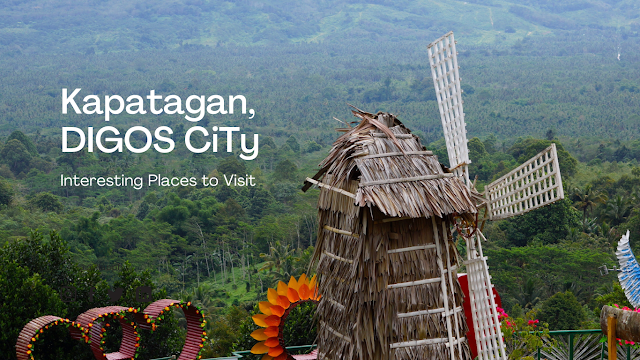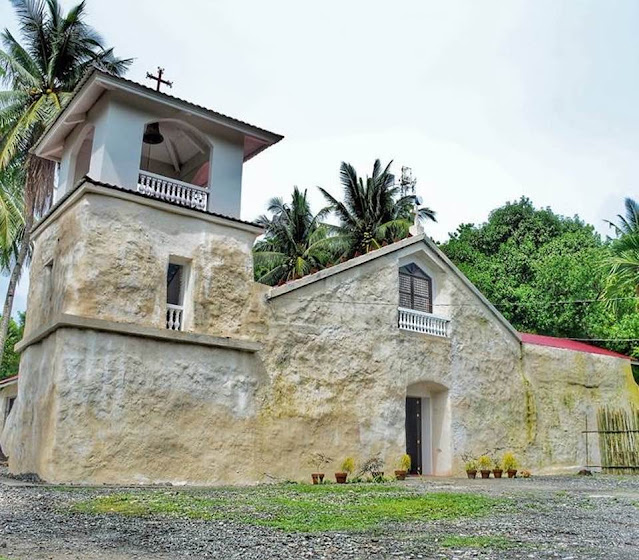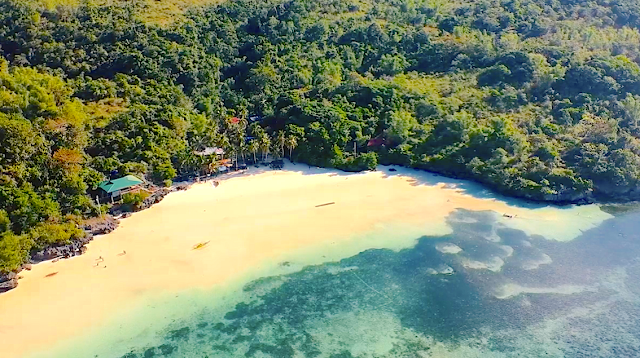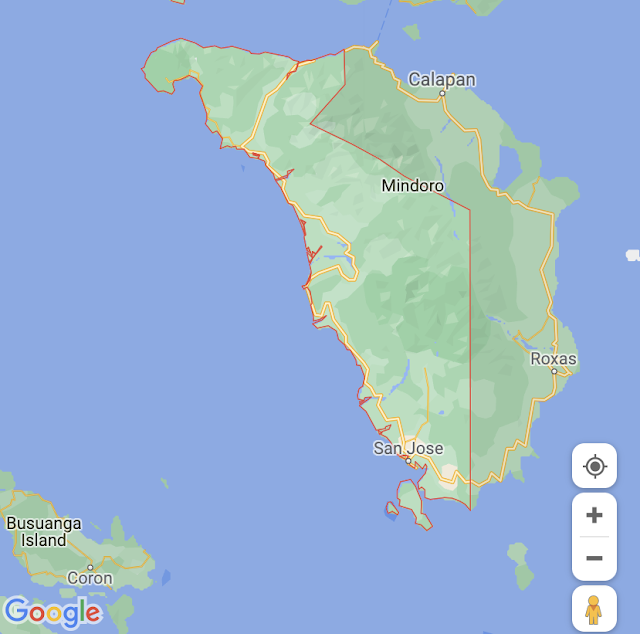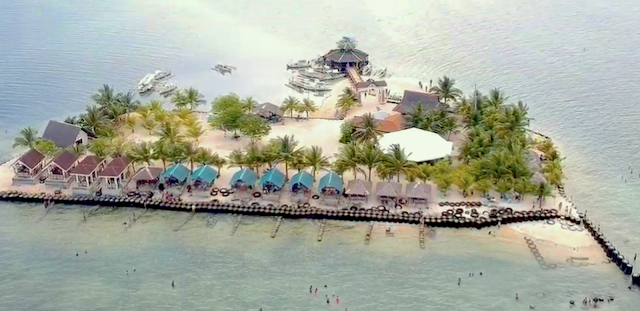Discovering Lapuyan: Unveiling the Rich History and Culture | Zamboanga del Sur
Nestled in the southern section of Zamboanga del Sur lies the charming municipality of Lapuyan, often affectionately referred to as "Little America." Steeped in history and cultural heritage, Lapuyan offers visitors a glimpse into the vibrant tapestry of Subanen traditions and the captivating landscapes of the Zamboanga Peninsula.
A Brief History
Lapuyan's journey began on October 16, 1957, when it was established as a regular municipality by Executive Order No. 273 under President Carlos P. Garcia's administration. Spearheaded by the efforts of Sen. Roseller T. Lim and Gov. Bienvenido Ebarle, Lapuyan emerged as an independent entity, with Mayor Coco I. Sia leading the inaugural municipal officials.
The municipality's name, Lapuyan, traces its roots to the Subanen word "Gepuyan or Pegupuyan," meaning "an act of cooking." Legend has it that weary Subanen hunters would gather along the banks of the Thubig-gepuyan River to cook their meals, giving rise to the name Lapuyan.
Geographical Marvels
Encompassing an expansive area of 32,900 hectares, Lapuyan boasts a diverse landscape framed by the northern shores of Dumanquilas Bay. Bounded by neighboring municipalities and the tranquil waters of Lapuyan River, the region is a haven of natural beauty and biodiversity.
Cultural Heritage of the Subanen People
At the heart of Lapuyan's cultural tapestry lies the Subanen people, indigenous inhabitants known for their peace-loving nature and adherence to traditional customs. The word "Subanen" originates from "suba," meaning river, reflecting their affinity for riverside dwellings upstream, away from coastal aggressors.
During the Spanish colonial era, Lapuyan was referred to as Pengolis, derived from the Subanen term "peng-holis-holis," signifying clearings in the jungle. Despite facing challenges from neighboring Moro groups, the resilient Subanen community preserved their animist beliefs and resisted forced conversion to Islam.
In the early 19th century, the introduction of Christianity by American missionaries, notably Reverend David Lund and Reverend Samuel D. Lamasson, marked a pivotal moment in Lapuyan's history. Embracing Christianity, the Subanen people established the region's first Bible school, fostering a legacy of faith and community empowerment.
Exploring Lapuyan Today
Today, Lapuyan invites travelers to delve into its rich heritage and scenic vistas. Visitors can embark on cultural immersion experiences, explore historical landmarks, and savor the tranquility of Lapuyan River's banks. Whether admiring the natural beauty of the landscape or engaging with the vibrant Subanen culture, Lapuyan offers a journey of discovery unlike any other.
Conclusion
As "Little America" on the Zamboanga Peninsula, Lapuyan beckons adventurers and culture enthusiasts alike to uncover its hidden treasures. From its storied past to its picturesque landscapes, Lapuyan invites visitors to embark on a journey of exploration and appreciation, leaving an indelible mark on the hearts of all who traverse its storied pathways.

